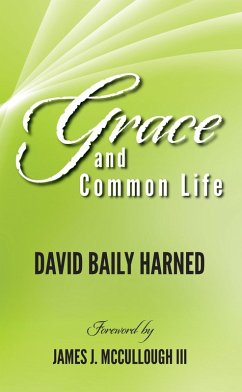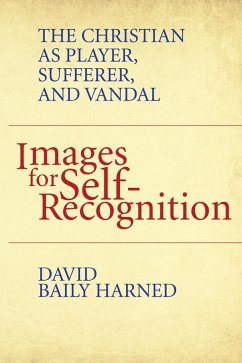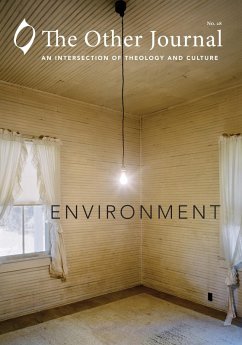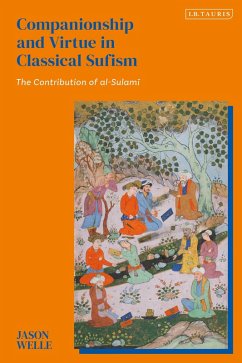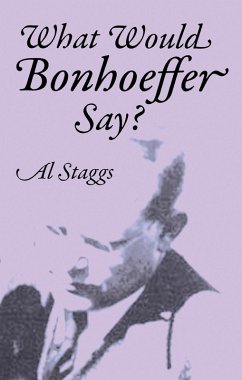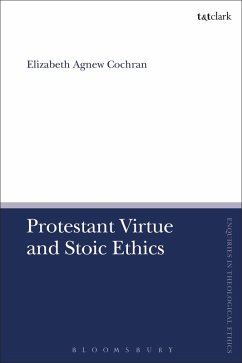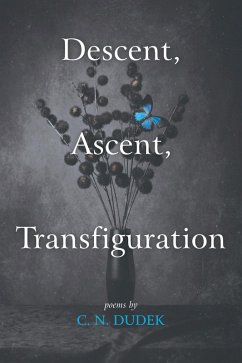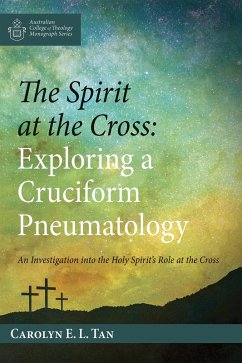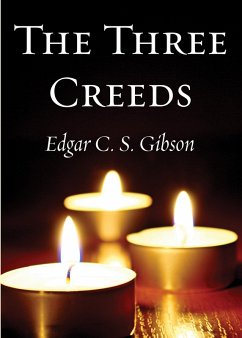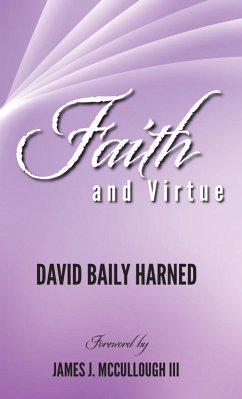
Faith and Virtue (eBook, PDF)

PAYBACK Punkte
7 °P sammeln!
Faith and Virtue starts with the traditional metaphor and departs dramatically from tradition: 'Faith and hope and love are not some late and miraculous addition to existence, comforting and exhilarating but finally gratuitous. They are the indispensable foundation for everything else.' Professor Harned insists that the clue to moral life is vision, for among all the senses it is the eye that serves as the architect of our decisions. In its emphasis on the importance of imagination and oon the integral relationship between the moral and aesthetic aspects of existence, Faith and Virtue provides...
Faith and Virtue starts with the traditional metaphor and departs dramatically from tradition: 'Faith and hope and love are not some late and miraculous addition to existence, comforting and exhilarating but finally gratuitous. They are the indispensable foundation for everything else.' Professor Harned insists that the clue to moral life is vision, for among all the senses it is the eye that serves as the architect of our decisions. In its emphasis on the importance of imagination and oon the integral relationship between the moral and aesthetic aspects of existence, Faith and Virtue provides a salutary remedy for our too often manipulative and instrumental approach to the world and its citizens. In an earlier book, Grace and common Life, the author traced some intimations of grace in ordinary experience, times when the self is surprised by gifts that it could neither expect nor deserve. Now, he examines the effects of grace. In this exploration of the moral life, he argues that the metaphor is no less important now than it used to be, for its consistent focus on the problem of time and the emergency of habit can remind a world which has lost its sense of rhythm that there is more to reality than the present moment, greater rewards than instant gratification, higher values than relevance to the contemporary scene. Virtue cannot be satisfactorily examined without reference to the Church. While virtue is not an exclusive Christian attribute, it would be puzzling to refer to Christian virtue without any reference to a Christian context, since virtues are born from our social experience. This has been the greatest flaw in earlier studies of the metaphor. The old notion, that the theological virtues crown the natural, should be stood on its head, writes the author. He acknowledges the Christian origin of natural theology.
Dieser Download kann aus rechtlichen Gründen nur mit Rechnungsadresse in A, D ausgeliefert werden.




